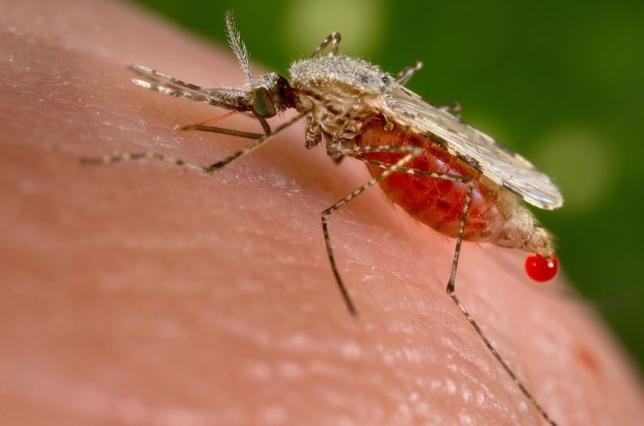A scientific breakthrough by the University of California system could halt the spread of malaria in some regions of the world forever. It involves genetically-modified (GM) mosquitoes to prevent the buzzing bugs from passing on certain genes to their offspring. That could end a worldwide epidemic that threatens almost half the world's population.
The study was conducted by UC at Irvine (UCI) and San Diego (UCSD). It was published in the journal Proceedings of the National Academy of Sciences (PNAS).
Mosquitoes infected with a type of Plasmodium parasitic microbes pass on the malaria disease, according to Engadget. Scientists have already produced genetically modified organisms (GMO) mosquitoes that are resistant to the parasites.
However, the next goal is to breed out susceptible genes from mosquito populations. That is difficult as the annoying bugs inherit an average of 50 percent of genes.
The solution is UCI's "gene drive." It helps to pass on the malaria-resistant genes to almost all of the GM mosquitoes' offspring.
The researchers used the clustered regularly interspaced short palindromic repeats (CRISPR)-9 gene editing method. It inserted two genes that program the resistance into the mosquito's DNA.
Researchers engineered two GM mosquitoes. This passed on the gene editing to over 99 percent of the insects' babies.
If the genetically engineered bugs were released into the wild, the malaria-resistant genes would spread faster than the weak genes.
However, the UC researchers must address many ethical and technical issues before they can start field tests. UCI molecular biologist Anthony James told Nature that social science must first develop more.
In fact, while the gene-drive method has been accepted by public health groups such as the Bill Gates Foundation, alarmists have compared the new technology to a "weapon of mass destruction," according to Mashable. They warn that it could result in insect terrorism through a deadly toxin.
The United Nations' World Health Organization (WHO) reported that around 3.2 billion people worldwide are at risk of getting malaria. However, rates of the disease have decreased 60 percent worldwide since 2000.
Here are some malaria prevention tips:



























